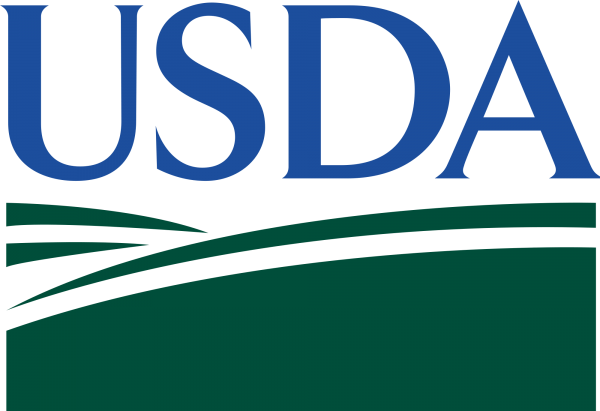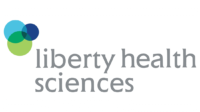This morning, U.S. Secretary of Agriculture Sonny Perdue announced the establishment of the U.S. Domestic Hemp Production Program. The program, as stipulated by Congress in the 2018 Farm Bill, will establish a regulatory framework for hemp production in the country.
Secretary Perdue made the announcement in a YouTube video titled “USDA’s Hemp Policy.” Later in the week, an interim final rule formalizing the program will be published in the Federal Register, according to the USDA’s website. “The rule includes provisions for the U.S. Department of Agriculture (USDA) to approve hemp production plans developed by states and Indian tribes including: requirements for maintaining information on the land where hemp is produced; testing the levels of delta-9 tetrahydrocannabinol; disposing of plants not meeting necessary requirements; and licensing requirements,” reads the press release. “It also establishes a federal plan for hemp producers in states or territories of Indian tribes that do not have their own approved hemp production plan.” The interim final rule will go into effect as soon as it is published in the Federal Register, which should be by the end of this week.
You can find a preview of the rule here. The agency has also developed guidelines for sampling and testing procedures, which you can find here. Those documents are meant to provide more information for hemp testing laboratories.
You can watch the YouTube video and read the announcement he made below:
Hello everyone, as I travel across this great country of ours, I hear a lot about a strong interest in a new economic opportunity for America’s farmers: the production of hemp. Which is why today I am pleased to announce the USDA has published the rule establishing the US domestic hemp production program. We said we’d get it done in time for producers to make planning decisions for 2020 and we followed through. We have had teams operating with all hands-on-deck to develop a regulatory framework that meets Congressional intent while seeking to provide a fair, consistent and science-based process for states, tribes, and individual producers who want to participate in this program. As mandated by Congress, our program requires all hemp growers to be licensed and includes testing protocols to ensure that hemp grown under this program is hemp and nothing else. The USDA has also worked to provide licensed growers access to loans and risk management products available for other crops. As the interim final rule, the rule becomes effective immediately upon publication in the federal register. But we still want to hear from you. Help us make sure the regulations meet your needs. That’s why the publication of the interim final rule also includes a public comment period continuing a full and transparent rulemaking process that started with a hemp listening session all the way back in March 2019. At USDA, we are always excited when there are new economic opportunities for our farmers and we hope the ability to grow hemp will pave the way for new products and markets. And I encourage all producers to take the time to fully educate themselves on the processes, requirements and risk that come with any market or product before entering this new frontier. The Agricultural Marketing Service will be providing additional information, resources and educational opportunities on the new program. And I encourage you to visit the USDA hemp website for more information. As always, we thank you for your patience and input during this process.









